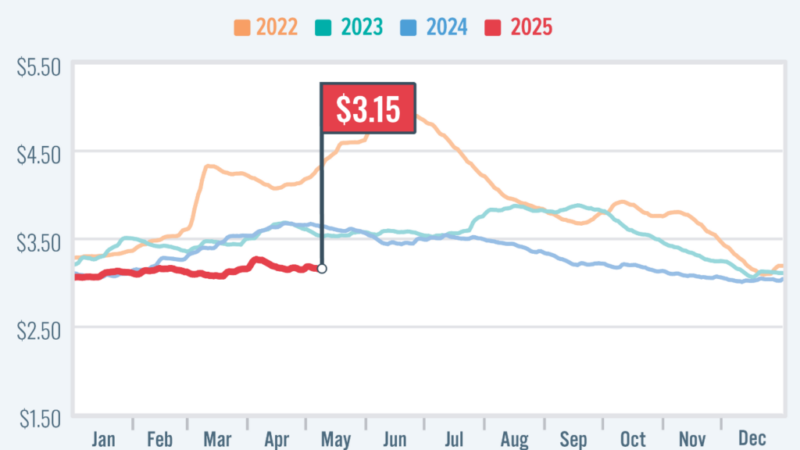Slow Rollout of Charging System Hinders EV Adoption – RVBusiness – Breaking RV Industry News

More than two years ago, lawmakers approved billions of dollars to build out a national electric vehicle charging network in the hopes of encouraging more drivers to switch to cleaner cars. The money, included in the bipartisan infrastructure law, was intended to help assure drivers they could reliably travel longer distances without running out of power, according to reporting in the New York Times.
But a robust federal charging network is still years away. Only two states — Ohio and New York — have opened any charging stations so far. A handful of others have broken ground on projects in recent weeks, with the aim of completing them in early 2024. In total, 28 states, plus Puerto Rico, have either awarded contracts to build chargers or started accepting bids for projects as of Dec. 15. The rest are much further behind on starting construction.
Broad availability of chargers is critical for the Biden administration’s goal of getting electric vehicles to make up half of new car sales by 2030. Americans routinely cite “range anxiety” as one of the biggest impediments to buying an E.V. About 80 percent of respondents cited concerns about a lack of charging stations as a reason not to purchase an electric vehicle, according to an April survey from the Energy Policy Institute at the University of Chicago and the Associated Press-NORC Center for Public Affairs Research.
The Biden administration is trying to entice consumers to buy electric vehicles both by offering tax credits of up to $7,500 and promising to build out a national backbone of high-speed chargers. That network is meant to give drivers the assurance that they could reach a reliable charger every 50 miles along major roads and highways.
The White House has set a goal of building a national network of at least 500,000 public chargers by 2030, but researchers at the National Renewable Energy Laboratory have projected that the country will need more than one million public charging ports by the end of the decade.
Ben Shapiro, a researcher at RMI, a nonprofit that promotes the energy transition, said the country needed to accelerate the pace of new charging infrastructure considerably.
“People certainly have this perspective that there isn’t enough charging,” Mr. Shapiro said. “And that I think does hamper people’s interest in E.V.s.”







